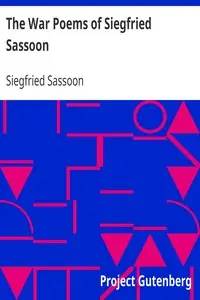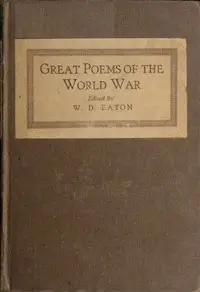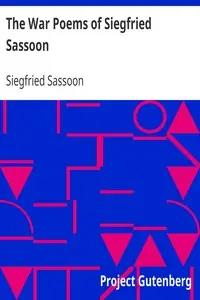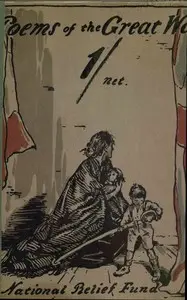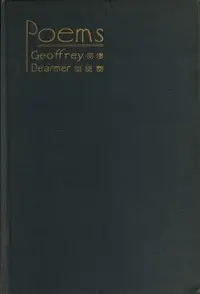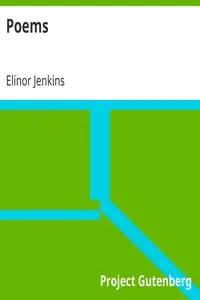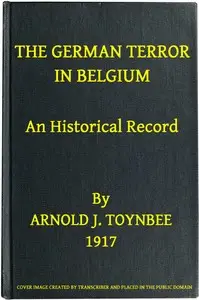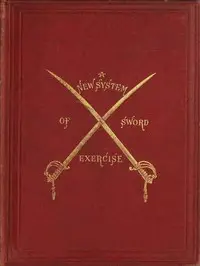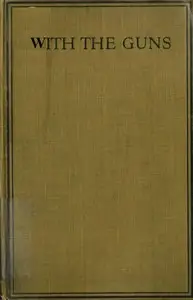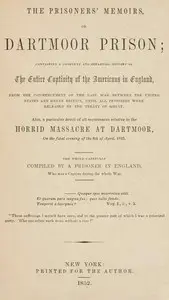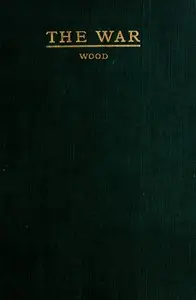The book "Poems" by Wilfred Owen is a collection of poems that explore the themes of war, sacrifice, and the human cost of conflict. Owen, a soldier who fought in World War I, writes with a vivid and unflinching style, describing the brutal realities of war and its effects on those who experience it. The poems are characterized by their use of powerful imagery, strong emotions, and a sense of urgency, as Owen seeks to convey the truth about war and its impact on individuals and society. Through his work, Owen aims to challenge the romanticized notions of war and to honor the memories of those who have been lost. The poems in the collection are varied in tone and style, ranging from the stark and haunting "Dulce et Decorum est" to the more introspective and personal "Strange Meeting". Owen's use of language is often innovative and expressive, with a focus on the sounds and rhythms of speech. The poems are also notable for their exploration of the psychological and emotional toll of war on soldiers, as well as the ways in which it can damage and destroy individuals. Throughout the collection, Owen's voice is clear and passionate, and his commitment to telling the truth about war is unwavering.
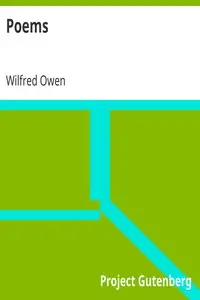
Poems
By Wilfred Owen
A soldier's vivid and unflinching account of the brutal realities of war and its devastating effects on those who experience it.
Summary
About the AuthorWilfred Edward Salter Owen MC was an English poet and soldier. He was one of the leading poets of the First World War. His war poetry on the horrors of trenches and gas warfare was much influenced by his mentor Siegfried Sassoon and stood in contrast to the public perception of war at the time and to the confidently patriotic verse written by earlier war poets such as Rupert Brooke. Among his best-known works – most of which were published posthumously – are "Dulce et Decorum est", "Insensibility", "Anthem for Doomed Youth", "Futility", "Spring Offensive" and "Strange Meeting". Owen was killed in action on 4 November 1918, a week before the war's end, at the age of 25.
Wilfred Edward Salter Owen MC was an English poet and soldier. He was one of the leading poets of the First World War. His war poetry on the horrors of trenches and gas warfare was much influenced by his mentor Siegfried Sassoon and stood in contrast to the public perception of war at the time and to the confidently patriotic verse written by earlier war poets such as Rupert Brooke. Among his best-known works – most of which were published posthumously – are "Dulce et Decorum est", "Insensibility", "Anthem for Doomed Youth", "Futility", "Spring Offensive" and "Strange Meeting". Owen was killed in action on 4 November 1918, a week before the war's end, at the age of 25.


